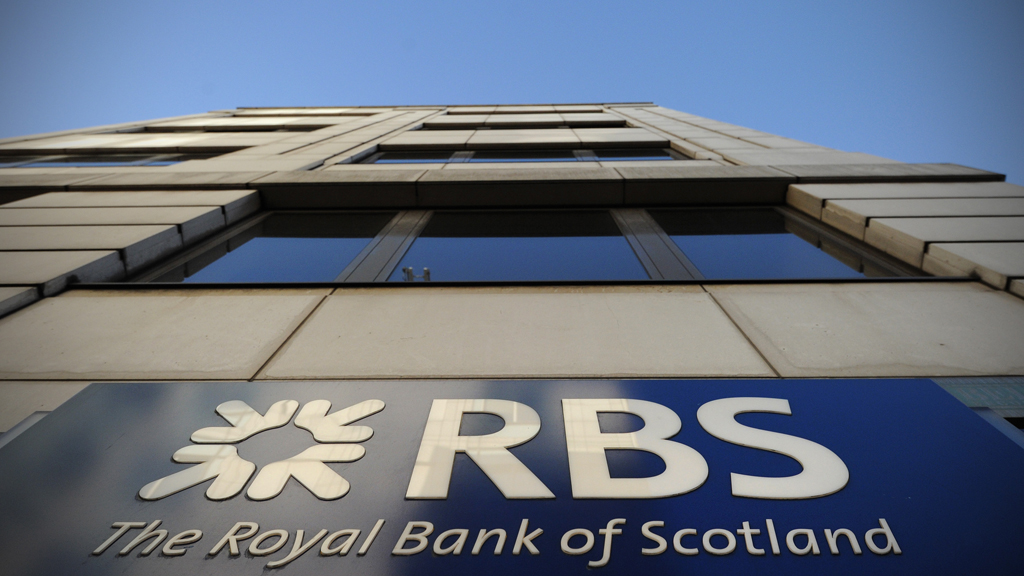Investors sue RBS over 2008 emergency fundraising
 Siobhan Kennedy
Washington Correspondent
Siobhan Kennedy
Washington Correspondent
Top level investors who stumped up to help RBS weather the financial crisis, now claim key documents around an emergency share sale were inaccurate and misleading, and are suing the bank for millions.

Cast your mind back to April 2008. The credit crunch was already beginning to tighten its grip on Britain’s financial sector. The Bank of England had just announced a mammoth £50 billion bailout of the UK mortgage market and rumours were beginning to circulate that a certain RBS was in trouble.
The bank’s typically bullish Chief Executive Sir Fred Goodwin had assured investors RBS had no losses related to the American sub-prime mortgage sector. No problems here, he said.
Yet just two months later, the market clearly smelt a rat. RBS’ shares had lost half their value in the past year and to many, an emergency rights issue, to raise cash, seemed inevitable.
The market wasn’t wrong. But RBS still stunned investors when it finally admitted what many had for some time suspected. That the bank needed to raise £12 billion, in part to absorb £2.4 billion of sub-prime losses with another £5.9 billion write-off coming down the line.
The prospectus for the share sale was issued and investors – presumably thinking this would be a one off emergency fundraising – duly stumped up, paying the £2 a share RBS offered.
Fast forward to today and some of those same investors believe they finally have enough evidence to show that RBS included inaccurate and misleading information in that crucial 2008 prospectus, which gave a false impression about the true state of the bank’s health.
“Misleading statements”
21 claimants have come together to sue the bank for losses they believe they incurred as a result of “untrue and misleading statements in the prospectus and…the omission…of matters required to be included” under the Financial Services and Markets Act 2000.
In other words, the prospectus included inaccurate information that resulted in the shares being sold at too high a price. The claimants argue that had the information been accurate, the shares would not have been valued at £2, and the investors would have had a much more realistic view of the underlying problems at the bank.
In that case, they say, RBS might never have been able to get its emergency fundraising off the ground.
The claimants amount to a pretty powerful group of institutional shareholders, among them the Trustees of the Mineworkers’ Pension scheme and the Electricity Pensions trustee in the UK, along with funds in Germany and the US, including the Teachers’ Retirement System of the State of Illinois.
We don’t know the particulars of the case yet, but the lawyer for the claimants tells me they have spent several years putting this case together and have lots of expert and technical witness testimony to substantiate their claim. He indicated that the value of the claim would be in the “hundreds of millions”.
The documents will be filed within the next few weeks, and any trial won’t start for at least another 18 months or so.
But there’s no doubt it will be closely watched, not least because it’s the first case of its kind against RBS and the key defendant will be none other than Sir Fred Goodwin himself.
The lawsuit doesn’t aim to prove that Sir Fred or anyone at RBS deliberately misled investors, but if that becomes clear during the trial, could criminal proceedings follow?